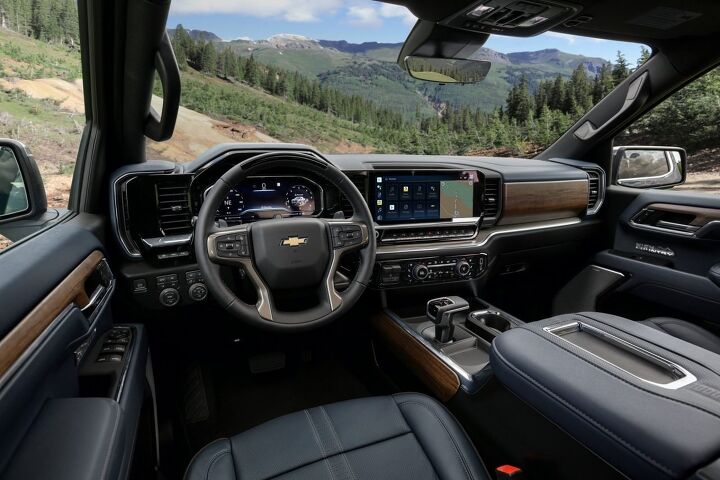Sounds Like Stop-Start Is On The Chopping Block

Start-stop technology, the controversial system that shuts down a vehicle’s engine at idle and restarts it when the driver releases the brake, may soon disappear.
Key Points
- New law removes penalties for automakers who miss fuel economy targets, eliminating the incentive to include start-stop systems and other efficiency features.
- EPA Administrator Lee Zeldin has openly criticized start-stop tech, suggesting the agency could move to phase it out entirely.
- Experts warn average fuel economy could drop for the first time in decades if start-stop and other energy-saving measures are rolled back.
The feature has been widely adopted over the past decade, but a new tax and spending law signed by President Trump on July 4 has removed the penalties that once incentivized automakers to include the system in new cars.
The law effectively eliminates fines for automakers that fail to meet federal fuel economy standards, a change that could prompt many companies to abandon start-stop technology and other efficiency-boosting measures. Under the previous regulatory climate, automakers were given a credit for every car stop-start technology was included in—the credits could be put toward fines levied for CAFE regulation violations dating as far back as the 2022 model year.
EPA Admin Lee Zeldin, who has already publicly criticized start-stop systems, hinted that the agency intends to take action soon. “Please stay tuned for more information about how EPA intends to address this issue,” the EPA said in a statement.
According to the agency, start-stop technology can boost fuel economy by 4–5 percent, particularly in urban traffic, and in 2023, it was installed in 62 percent of new vehicles sold in the U.S. Still, many drivers have complained the system is intrusive or unreliable, making it one of the most polarizing features in modern cars.
Experts are warning that the average fuel economy of the U.S. vehicle fleet may decline for the first time in decades should the EPA move forward with scrapping the system. For now, the future of start-stop technology rests with the EPA.
Become an AutoGuide insider. Get the latest from the automotive world first by subscribing to our newsletter here.

An experienced automotive storyteller and accomplished photographer known for engaging and insightful content. Michael also brings a wealth of technical knowledge—he was part of the Ford GT program at Multimatic, oversaw a fleet of Audi TCR race cars, ziptied Lamborghini Super Trofeo cars back together, been over the wall during the Rolex 24, and worked in the intense world of IndyCar.
More by Michael Accardi



































Comments
Join the conversation
Efficiency boosting vs dependability and durability boosting. Could this be the beginning of the end of Covid cars?
It would be nice to get back to sane cars. Instead of the Obama-mobiles. His administration's minions pushed the regulations we see today.
It ends up being.. fairly large heavy cars and suvs powered by tiny turbo engines that are overworked and are generally unreliable and do not get advertised mpg in the real world.
In a 3500 lb plus vehicle, THREE cylinder engines don't belong, as well as 1.5 liter I4 turbos.
Eliminating start-stop isn't just that, there's electric pumps, etc that maintain transmission pressures, extra capacity 12v batteries, sometimes two or more 12v batteries.
Next, banning cylinder deactivation systems. All they do is end up causing oil consumption, and eventual engine failures.